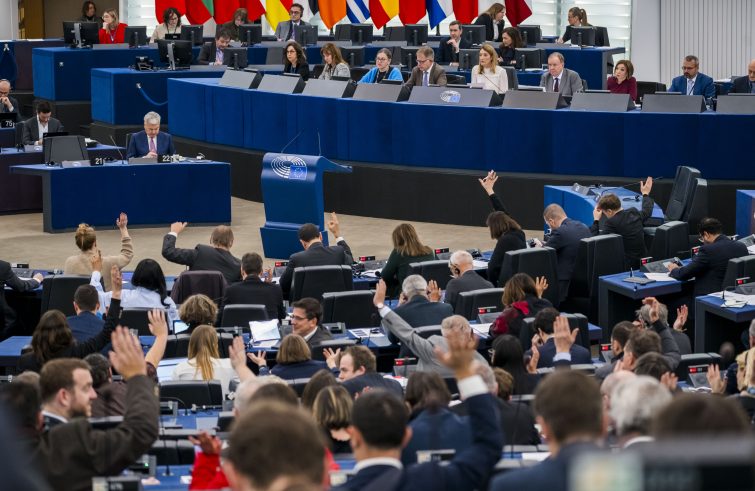
The ‘political bigwigs’ running in the 9 June elections appear to be the only element of interest so far in the run up to the vote to renew the European Parliament. In fact, due to the upcoming elections, the European Parliament will virtually shut down in April to make way for the election campaign. Consequently, over the next few months, legislative activity will inevitably have to accelerate its pace in order to complete pending European legislative processes and dossiers.
A glance at the agenda of the European Parliament’s plenary session in Strasbourg on 15-18 January is enough to appreciate the effort required by MEPs and the EU Council (which represents the governments of the EU countries), the other legislative institution within the complex EU structure.
While recognising the value of the candidates and the parties’ commitment to 9 June,
it is perhaps necessary to reflect on whether and to what extent Italy as a whole, and the electorate in particular, are preparing for this vote.
Not least because Italy has a number of unsettled disagreements with the EU27. Suffice it to mention the Stability Pact, the European Stability Mechanism (ESM), migration issues and beach concessions.
Italy is one of the founding members of the European Community (EEC, now EU), and a staunch pro-European country. This was true at least until the 1990s. Since then, the winds of Euro-scepticism along with nationalist – or, one might say, sovereignist – parties have gradually gained ground. Thus, today, in an era of global challenges and global players of the calibre of China, the United States, Japan, Korea, Russia, Brazil, Mexico, Nigeria, South Africa and many others, we face the risk of a vote which, in Italy but also in other European countries, that could reward those same sovereignist forces that are counting on the downsizing of the European Community. The principle of solidarity, the cornerstone of post-war “common home”, is at risk of succumbing to forces that want to erect walls and barbed wire, focusing solely on the defence of national interests, while lacking the appropriate state governance to deal with major changes and pressures, be they economic, financial, environmental, socio-demographic, migratory, or related to energy, security or artificial intelligence.
The EU is certainly not the miracle cure to all these problems: it cannot be, because it requires further reforms, an adequate budget and further transfer of powers from the 27 Member States.
Nor is it conceivable that the “epochal change” taking place at the beginning of the new millennium will be handled by the parliament and government in Rome (or for that matter by those of Berlin, Paris or Madrid).
In this respect, there is an urgent need for a comprehensive debate in Italy on the subject of Europe as a whole. It should be a process of knowledge and discernment that helps citizens head to the polls fully aware of the issues at stake, in order to vote for parties and candidates that do not rely solely on the slogans of political leaders or those disseminated through social network adverts. Voting is a ‘high’ electoral moment, an appointment with participatory democracy that requires informed and proactive citizens.
The vote on 9 June is likely to be especially decisive, both for the future of the EU (will it become stronger or will it be subjected to the disruptive effects of nationalism and populism?) and for the future of Italy. The path that the European Union takes will also determine our future.











